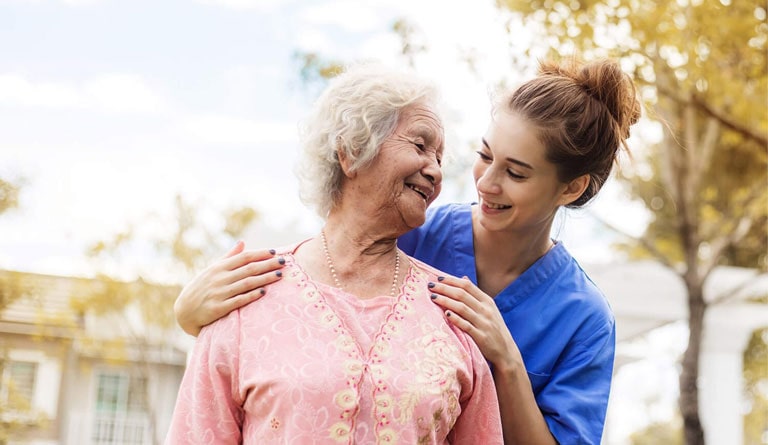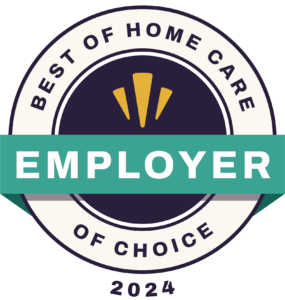Home Care in Richmond, VA
Executive Home Care is available to assist you and your loved one in times of need. If you would like to learn more about our services we are here to assist you. We are here to serve the residents of Richmond, Chesterfield, Henrico, Hanover, Goochland, Powhatan County and the Tri-Cities with quality care for seniors and older adults needing a little extra help around their home!




